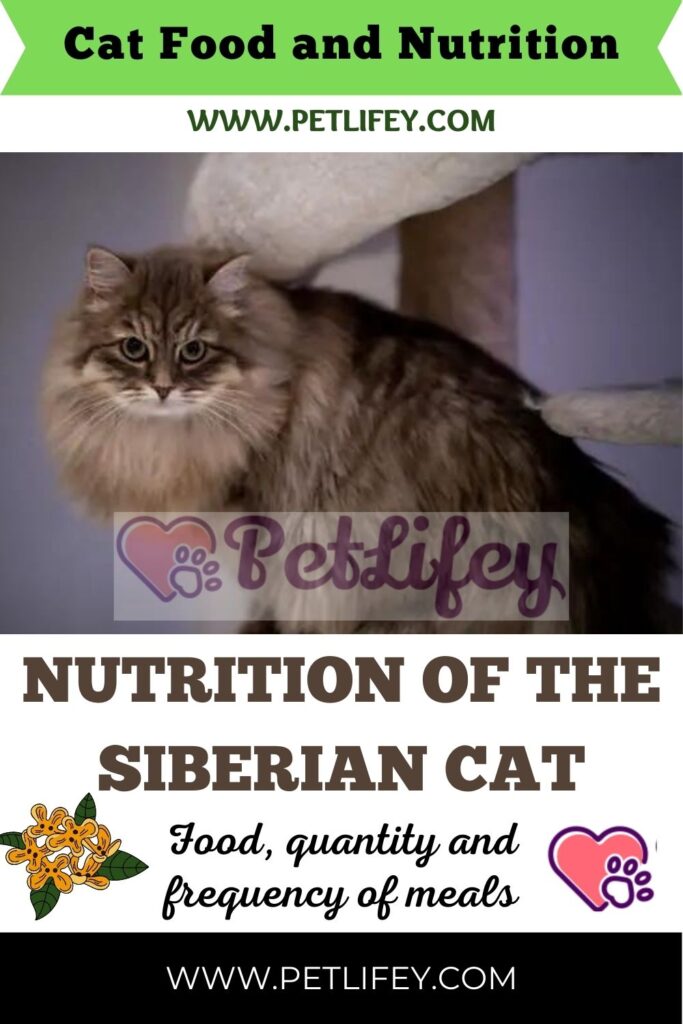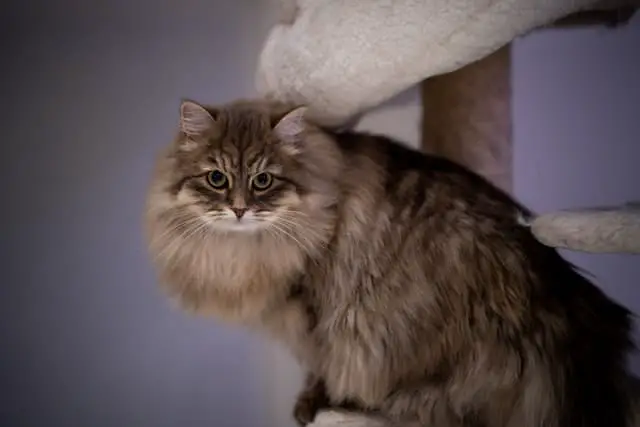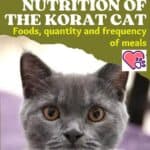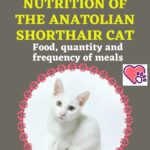
Here are what nutrients can not miss in the perfect diet for the Siberian: let’s find out everything about his ideal diet.
Planning a healthy and balanced diet for our Siberian cat is essential to ensure that the cat is always energetic and healthy. Let’s see everything there is to know about it, from the recommended quantities of baby food to the frequency of meals.
Feeding of the Siberian cat: doses and frequency of meals
What are the daily doses of food to administer to the Siberian?
With regard to quantities, the utmost attention should be paid. This little furry dog, in fact, is prone to the accumulation of excess weight.
For this, the ideal would be to consult the veterinarian, who based on factors such as age, weight and lifestyle of the animal will be able to establish a personalized food plan.
In general, however, the doses of humid not to be exceeded amount to 40 grams for each kg of weight of the feline.
To get the perfect amount of kibble, simply divide the figure by 3.
How often to feed the Siberian cat? We have two options: divide his daily ration into small portions, to be given to him at regular intervals, or feed him twice a day.
It would be preferable to do this in the morning and in the evening, so as to avoid that the hungry cat will wake us up in the middle of the night demanding food.
What to feed the cat

What foods can not miss in the ideal diet of the Siberian cat?
These cats, just like all other specimens of their own species, are obligate carnivores.
This means that they need to get animal protein from their diet, as their bodies cannot synthesize the essential nutrients contained in meat and fish on its own.
These are essential substances for their well -being and for the correct functioning of the nervous and immune systems.
Among these, for example, are niacin, thiamin and cobalamin.
Home or industrial nutrition for the Siberian cat?
Finally, we just have to find out if it is more appropriate to plan a home or industrial diet for our beloved Siberian cat.
In the first case, the complete preparation of the cat’s meals will be up to us, from the selection of the ingredients to their cooking.
In the second case, however, it will be enough to buy ready-made feed directly from the shelves of pet shops.
In reality, there is no better option than the other: the perfect mode is the one that best suits our needs and our lifestyle.
Among the pros of home nutrition are:
- Possibility to choose high quality raw materials;
- Knowledge of each phase of transformation of the chosen ingredients, including the cooking method.
The cons, on the other hand, concern the greater expenditure of time and energy to prepare the animal to eat. Not only that: it is a type of diet that must necessarily be planned by the vet.
In fact, while croquettes and wet foods available in stores are perfectly balanced and complete with all the nutrients that the cat needs, a poorly planned home diet could cause the onset of food deficits and diseases in the cat.






